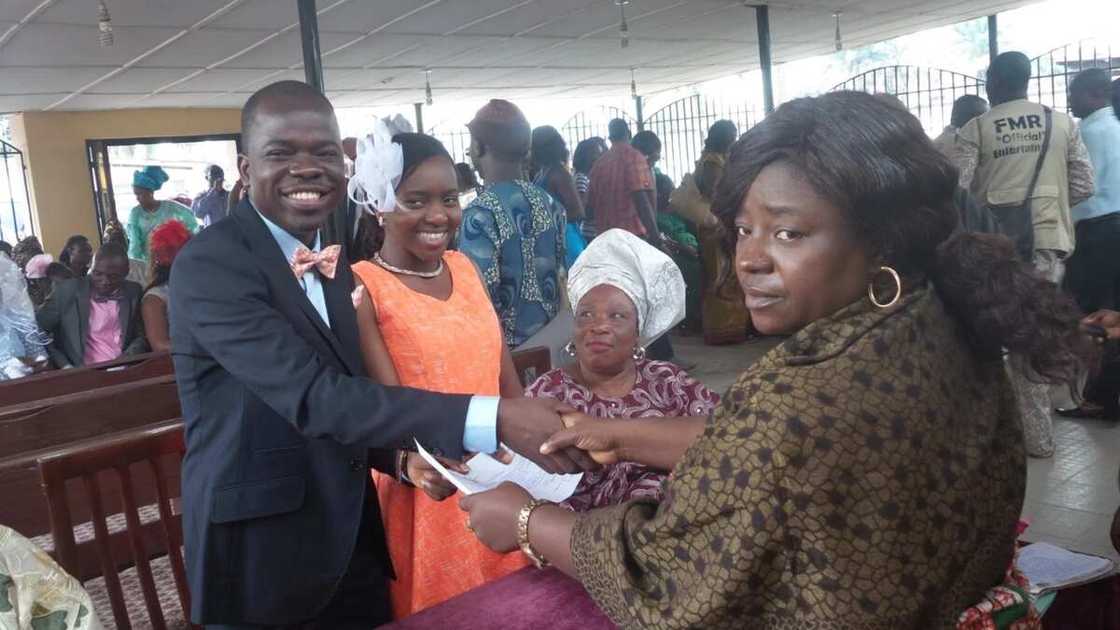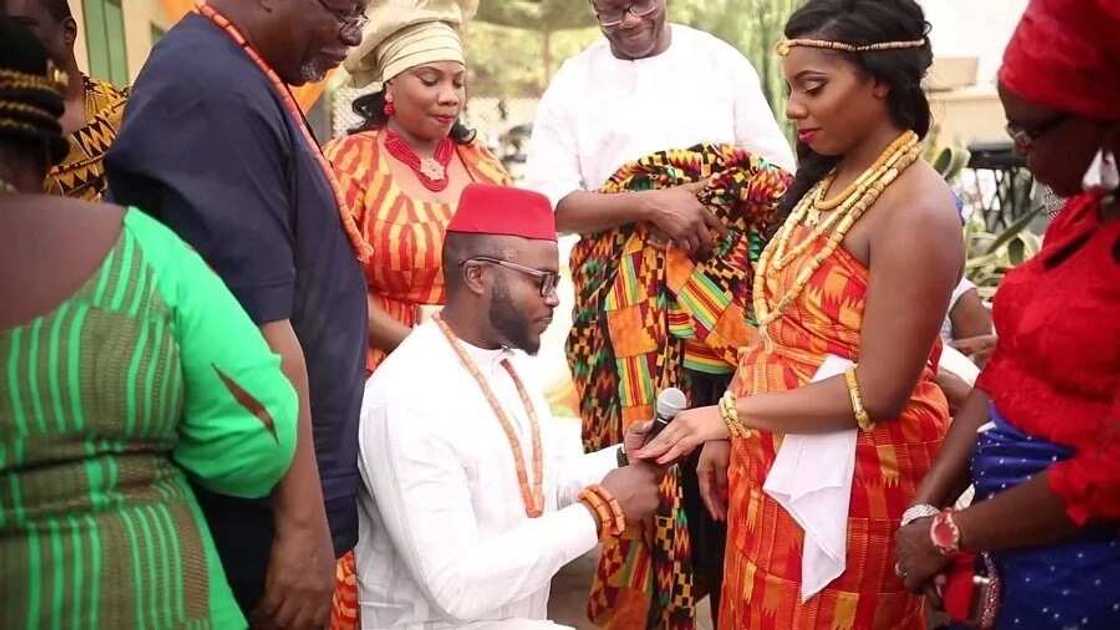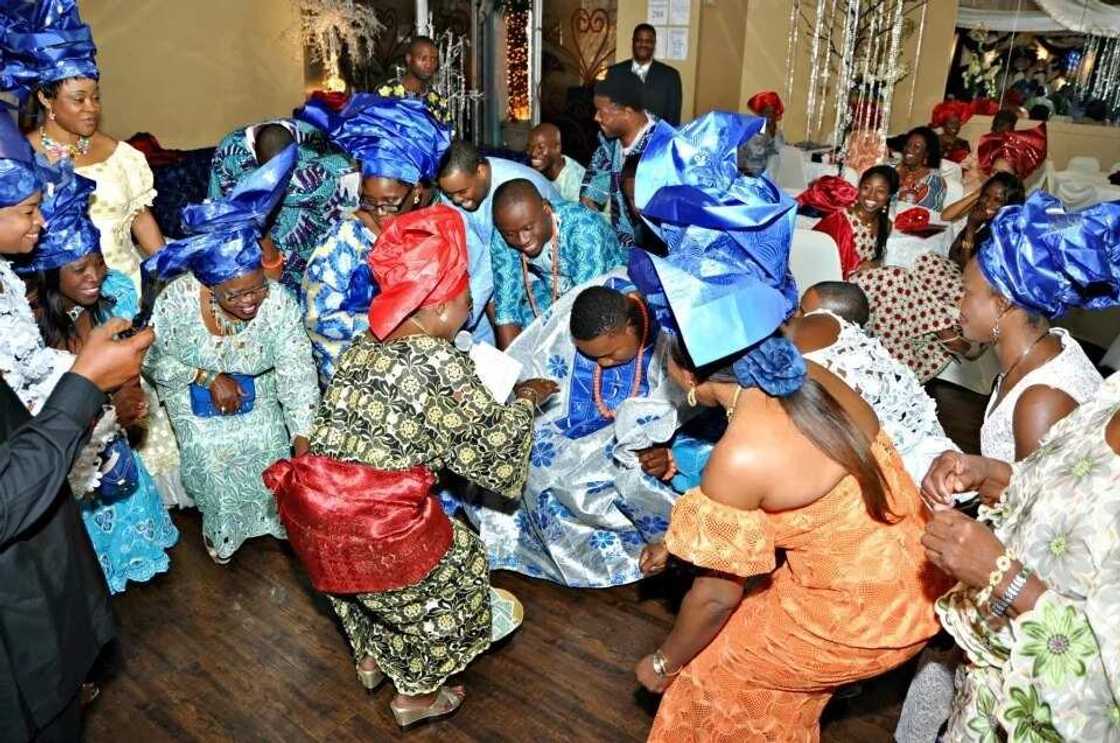What is customary law of marriage in Nigeria?
The issues concerning customary law marriages has been a popular topic in Nigeria for decades. This type of marriages allows you skip a lot of the hassles usually associated with creating a Marriage Act. However, it also has numerous drawbacks and needs to be improved. Want to find out more about the customary law in Nigeria? Continue reading below!

What is customary law?
Customary law is a form of a traditional, commonly-accepted rule or practice that has the power of law, and is usually found within a particular ethnic group or location. It doesn’t have a formal status but is still recognized in court. The majority of customary laws represent certain community regulations that have been accepted for generations and thus became an inseparable part of the culture of its members.
A customary law can only exist if two requirements are met:
- a specific legal practice exists;
- the Opinio Juris deems it to be a law.

A customary law has power not because some influential person or company enforces it, but because of the collective mindset of the population. Thus, while most traditional laws have to be forced onto the common people, the former works the other way around. The people dictate what is legal, and not the court. Both types of laws exist in parallel to each other. However, there has been a noticeable trend regarding formal recognition of customary laws.
One of the most prominent examples of customary law is the Nigerian marriage practice, which is the main subject of this article.
Customary law of marriage in Nigeria

READ ALSO: Eritrea marriage law: 2 wives
There are two kinds of marriages accepted under Nigerian law. The first one is a wedding performed with the signing of a Marriage Act, and it only allows monogamy. The second kind is conducted under customary law and can be polygamous as well as monogamous. It is regulated by the Native Law and Custom, making it completely legal in terms of the law in Nigeria.
The biggest controversy surrounding customary law marriages is that there isn’t any age restriction. Thus, we have hundreds of child marriages, and all the evils attached to them. Sadly, when an underage girl marries under this law, the consummation act does not qualify as an offense, as it counts as “relations between husband and wife”. Thankfully, some states have taken it upon themselves to negate this injustice, setting the legal age at 16 even for customary law marriages.

Since there is no official registry keeping track of all customary law marriages, the court can’t verify whether such a marriage exists, unless the couple can provide witnesses of the ceremony.
If you are interested in celebrating a customary law marriage yourself, you’ll find all the necessary requirements listed below. But be warned, some of these may vary region to region, so it is better to contact someone with experience in your particular location.
- The man and woman wanting to unite in a customary marriage must both have the legal capacity to marry someone.

- This kind of marriage also requires two types of consent – consent of the parties and parental consent. Both must be expressed beforehand. Marrying a girl or a woman against her will is always illegal in Nigeria, no matter the law.
Interesting fact: An adult man can marry without the consent of his parents, but it’s impossible to do so for a woman since then the next requirement can’t be met.
- Dowry must be paid, either in the form of money or other types of property. It has to be given to the parent or the guardian of the bride-to-be if she has none.
Important: The payment has to be made for the sole purpose of a marriage that is either planned or has already taken place.

- A wedding ceremony and celebration must be held, during which the bride will be handed over to the groom’s family. This is the part where people witness the marriage happening and later can testify in court if the need ever arises.
Despite popular misconception, living in the same house with a man and bearing his children isn’t enough for a woman to be counted as a wife under customary law. Same goes for the stereotype that suggests that when you marry someone under the law of custom all you have to do to divorce your spouse is to leave him or her.
Dissolution of customary law marriage in Nigeria

The divorce process of a customary marriage is much simpler than of that under the Marriage Act. Thus, it can be dissolved without any external judicial involvement. While in a “normal” marriage the divorce can drag out for months, due to one party refusing to comply, here, everything is more straightforward.
In most cases, customary marriages are dissolved with the involvement of two families, representing both the husband and the wife. If both partners come to a mutual agreement, then they meet with their parents, elders, and middlemen, and decide on the next step for the dissolution.
Next comes the process of discussing how much of the dowry should be repaid to the husband. The amount largely depends on the length of the marriage and whether or not any children were born. After the price is agreed upon, the money is handed over to the husband through the middlemen. With that part completed, the marriage is officially dissolved.
Now you know all about the customary law marriage practice in Nigeria and how people get divorced in such situations. If you know anyone that could be interested in the information provided above, be sure to share this with them!
READ ALSO: Is change of name in Nigeria after marriage a difficult process?
Source: Legit.ng







